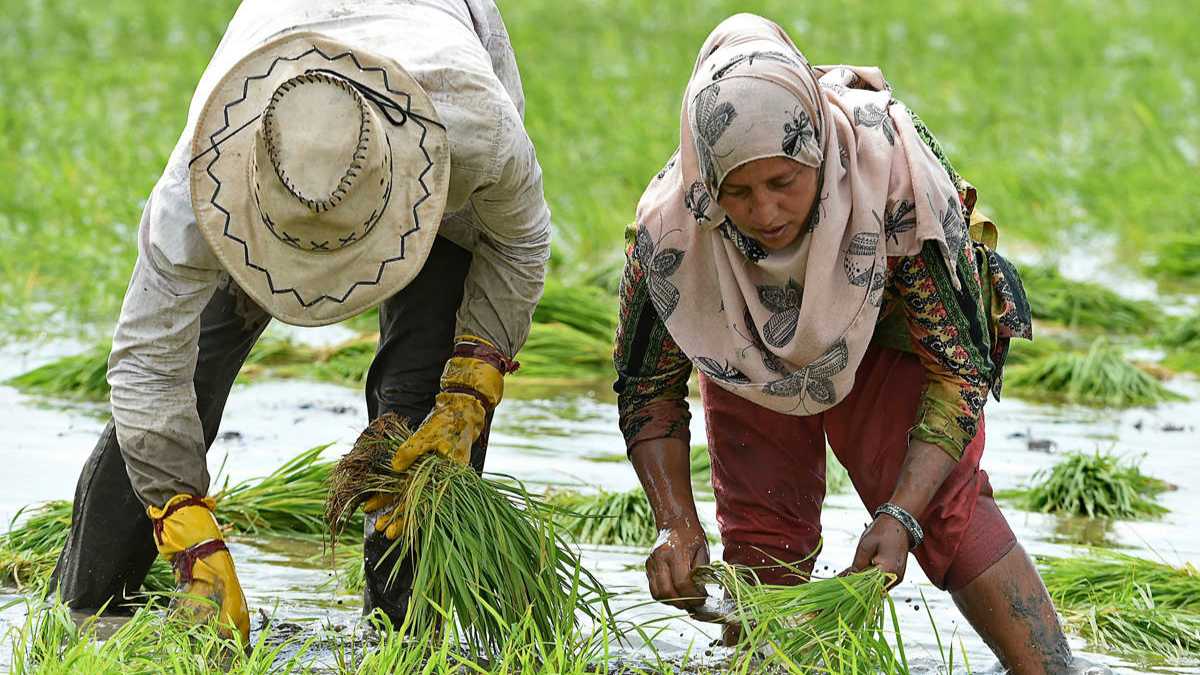The United Arab Emirates has temporarily suspended the export and re-export of the food stable, with the Ministry of Economy confirming the decision on Friday, according to state news agency WAM. The move also impacts rice of Indian origin that was imported after July 20.
The ban would cover all rice varieties covered by the unified customs tariff, including brown rice, fully or partially milled rice and broken rice. Companies wishing to sell the grain overseas would need to submit a request to the ministry to obtain an export permit.
UAE Imports 90% Of Its Food
The temporary suspension follows India’s recent decision to ban some overseas sales of rice with immediate effect. The country in South Asia is considered the world’s leading rice exporter, contributing over 40% of all global rice shipments.
India’s decision primarily impacted exports of non-basmati white rice, which account for about 25% of its total rice exports. The suspension was aimed at ensuring sufficient domestic supply and resisting increasing prices in the local market.
Rice is a staple food for more than three billion people worldwide. Amid rising demand, concerns have been raised over supply as constraints linked to COVID-19, the war in Ukraine and other geopolitical tensions, and the El Nino weather phenomenon continue to bring disruptions.
All these factors have substantially affected production. India’s ban came as global rice prices continue to hit their highest level in decades. The decision has deepened concerns over the potential worsening of food insecurity in countries heavily dependent on rice imports.
ALSO READ: BJP Pushes for Uniform Civil Code, Polarizing Tool Threatening India’s Unity
Upcoming Election And Food Inflation
Global rice inventories are at their lowest in multiple years. Moreover, 2023 is an El Nino year. This cyclical weather event, driven by warmer water in the Pacific Ocean, tends to make Asia hotter and drier – a condition considered unsuitable for the crop.
That wild card, plus extreme weather events triggered by the climate emergency, is pushing Prime Minister Narendra Modi to keep more rice at home. India awaits a general election next year and food inflation is very central, said Kona Haque from ED&F Man Commodities.






















